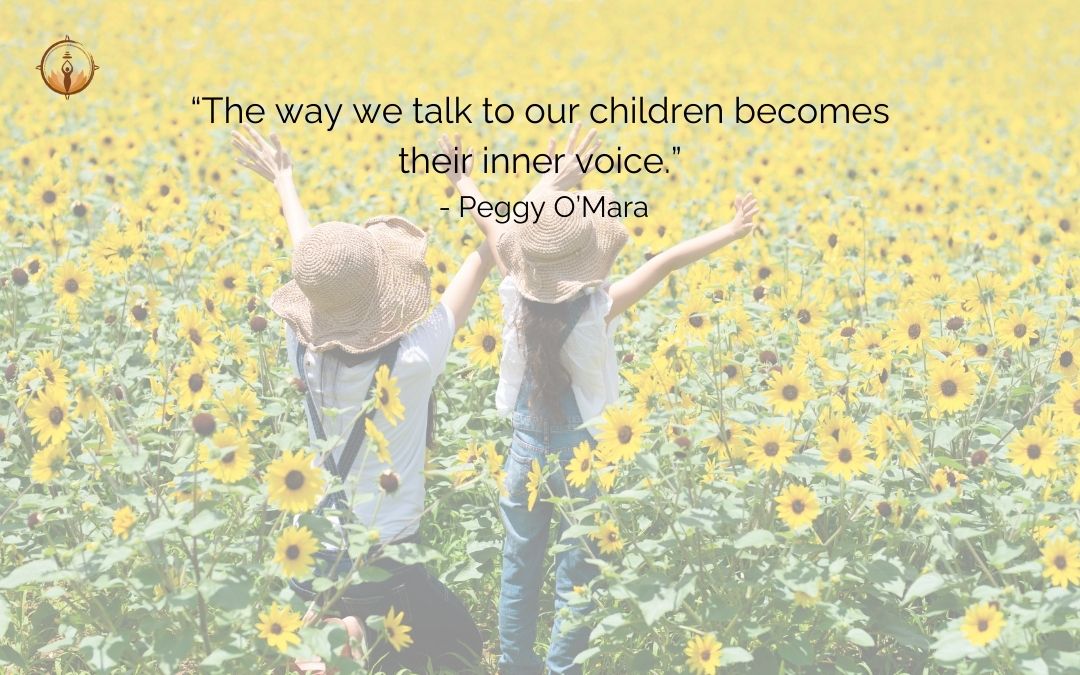As a counsellor, I have witnessed the profound impact that language and vocabulary can have on a child’s experience of the world. The ability to label and express emotions plays a critical role in how we understand and respond to them.
I recently worked with a 11 year old who was in a state of intense distress, self-harming and repeatedly banging his head against anything he could find. When I asked him to describe his feelings, he repeatedly used the words “annoyed” and “pissed off.” However, as we explored his experience more deeply, a more complex picture emerged.
Through arts-based activities, I was able to introduce him to a broader range of emotional vocabulary, including feelings like embarrassment, shame and fear. When I revisited the incident with him, he recognised that his initial response was not solely rooted in anger, but a mix of emotions he had previously been unable to articulate.
This encounter highlighted the vital importance of expanding children’s emotional vocabularies. By equipping them with the language to label and understand their internal experiences, we empower them to navigate the ups and downs of growing up with greater self-awareness and self-regulation.
As parents, you can foster this emotional literacy by incorporating emotional vocabulary in your daily conversations, using prompts and symbols to help younger children connect feelings with words and encouraging older children to explore the nuances of their emotional experiences. A reflective and engaging activity I often do with children is by handing them about 8-10 emotional words (ex. agitated, annoyed, disturbed, spiteful) that falls under a specific category (ex. anger). I allow them to search the meaning of the word, if it is new to them. They are then handed a sheet with empty circles called “emotion mandala”, using symbols and shapes they are then asked to express each of these emotions into an emotion mandala.
The relationship between language and experience is a powerful one. By nurturing a child’s vocabulary, we are not only helping them better understand themselves, but also giving them the tools to self-regulate and respond rather than react.

